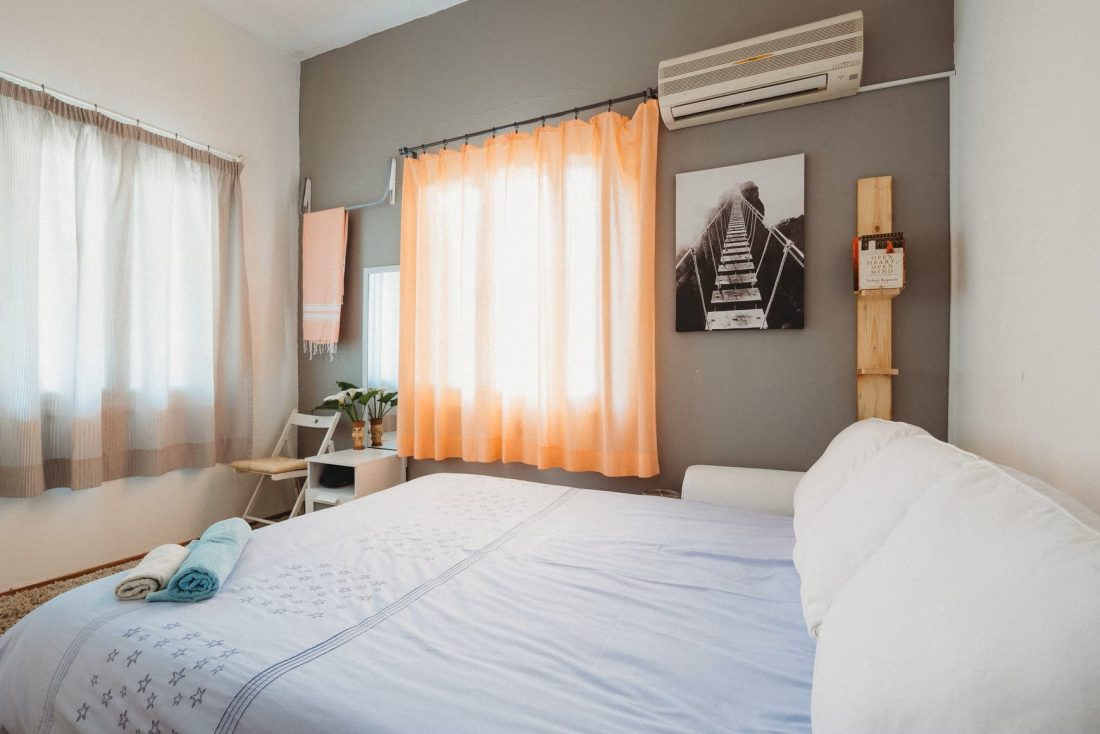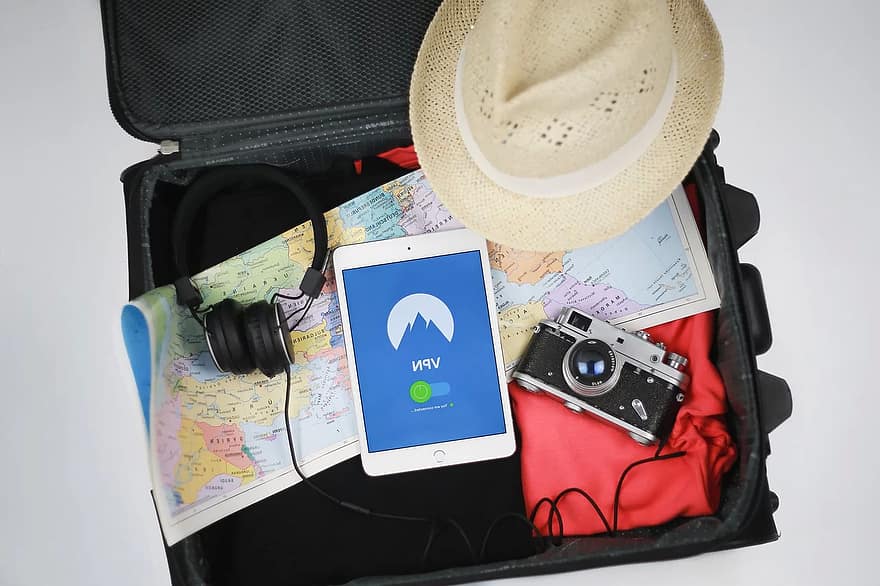We’ve been in the new year for over a month, and I feel we could all use a productivity boost! Now that we have access to all of this short-term rental data, we thought you’d appreciate a series of custom-made Airbnb forecasts. This article will go over the four primary travel trends that are predicted to dominate the market in 2022.
Looking backwards is an essential element of developing Airbnb estimates. As weird as it may sound, understanding how the business has developed will help you grasp where it is headed in the future. Travel habits, for example, have evolved considerably since the outbreak of the pandemic. People book with less notice and stay for longer periods of time to avoid COVID limits. According to Airbnb, long-term stays of more than 28 days account for around 20% of its existing business.
To leverage on the greater flexibility in the short-term rental sector, Airbnb created the ‘I’m flexible’ function. This option allows guests to search for available rentals without entering dates or a location. Instead, the Airbnb website or app utilizes your current location to recommend listings that you might be interested in. The listing nearest to you will appear at the top of the list. You can also specify dates to help narrow down your search results if you like.
Trends for Airbnb in 2022
To identify trends in Airbnb travel in 2022, we wanted to look at more than just our own data. Instead, we had to look at data from a range of other players in the short-term rental industry. Everything from travel information and currency exchange rates to unemployment figures and government regulations had to be considered.
The first trend is the rise of digital nomads.
According to Airbnb projections, this isn’t a new phenomenon, since we’ve been seeing digital nomads since the pandemic began in 2020. The number of persons who can be classified as ‘digital nomads’ has increased. Companies started issuing return-to-work orders to the vast majority of their employees towards the middle of last year. The industry as a whole held its breath, waiting for the impact, but the introduction of the Omicron variant came soon after the news of this return. Countries began to tighten their borders again as a response of the heightened risk, and employees went home. This brings us to our second inclination…
Trend number two: International travel is making a comeback!
With global limits loosening, many tourists choose to begin the process of organizing an international holiday. After missing out on two years of international vacation, people were eager to resume their globetrotting ways. “People are keen to travel, but they want to go to more interesting European sites, not necessarily the huge cities they’ve visited previously,” Catherine Powell told Marie Clarie magazine. The top ten cities in the globe used to account for 11% of our revenue; they now account for 6%. We will see more flexibility, longer stays, and remote working in the future.”
The third trend is that guests want flexibility.
Guests are looking for more flexibility than in the years leading up to the pandemic, as requirements and limits change rapidly. Hosts and hospitality providers must understand that guests are unwilling to put their money at risk if they can’t change their plans if anything unexpected happens. Airbnb has a number of cancellation options, and we recommend that hosts carefully examine their options.
Of course, every coin has two sides, and a cancellation policy must satisfy both the host and their intended visitors. Offering discounts is a great way to avoid this issue, but keep in mind that even if your policy is strict and clearly stated, you may still receive cancellation requests.
The fourth trend is family travel.
According to most Airbnb estimates for this year and last year, family travel made for a large percentage of the travel sector. Traveling with family started off as a fantastic way to get everyone together while still adhering to current government limits. Individual travel remained popular, but bookings for four or more people on Airbnb increased rapidly in the second quarter of 2021 and haven’t slowed since.

